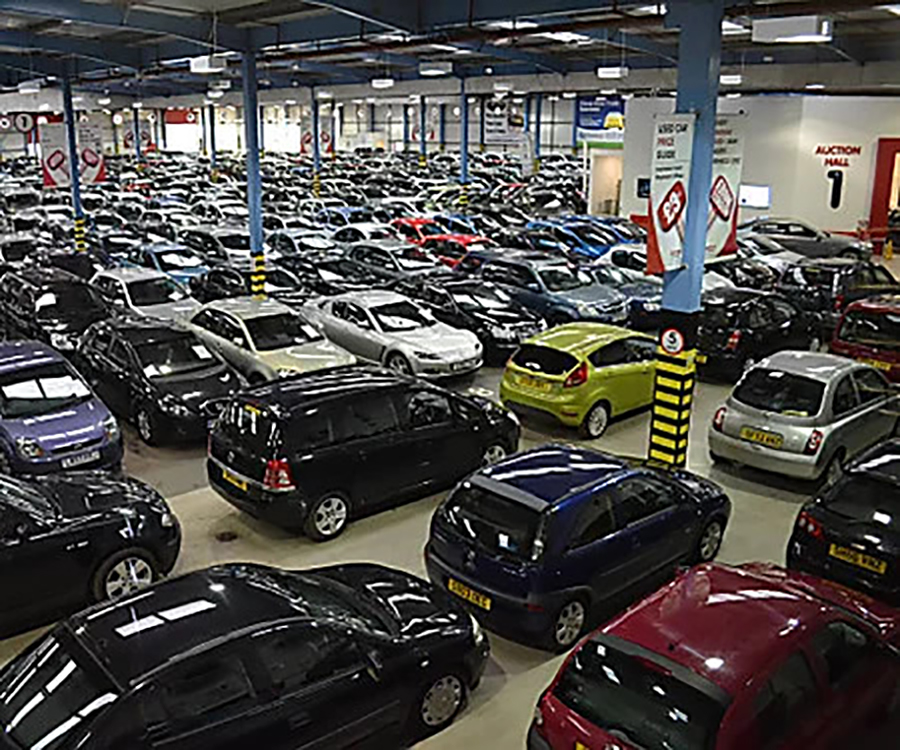Discover Opportunities with Bank Repossessed Cars in Germany
Bank repossessed cars present a range of opportunities for individuals and businesses in Germany. These vehicles, often acquired through defaults on loans, can offer potential buyers access to quality automobiles at various price points. Understanding the process and advantages of purchasing these cars can lead to informed decision-making and advantageous outcomes.

Exploring Bank Repossessed Cars in Germany for Savvy Buyers
The German market for repossessed vehicles operates through established channels that connect financial institutions with potential buyers. Major German banks, including Deutsche Bank, Commerzbank, and regional Sparkassen, regularly process vehicle repossessions. These institutions typically work with specialized auction houses and vehicle remarketing companies to handle sales efficiently.
Buyers can access repossessed vehicles through online auction platforms, physical auction locations, and authorized dealers who specialize in bank-owned inventory. Popular platforms include mobile.de’s professional section, AutoScout24’s dealer network, and specialized services like BCA Autoauktionen Deutschland. The inventory varies considerably, ranging from economy vehicles to luxury cars, depending on the original loan portfolios of participating banks.
The Process of Acquiring Repossessed Vehicles from Financial Institutions
Acquiring a repossessed vehicle involves several structured steps within Germany’s regulated automotive market. Initially, interested buyers must register with auction platforms or dealers handling bank inventory. This registration typically requires proof of identity, financial capability, and sometimes a deposit or bidding authorization.
The bidding process varies by platform but generally includes online bidding, sealed bid submissions, or live auction participation. Successful bidders must complete payment within specified timeframes, usually 24-48 hours for online platforms. Payment methods typically include bank transfers, certified checks, or financing arrangements through approved lenders.
Vehicle inspection opportunities depend on the selling platform. Some auctions allow preview days where buyers can physically examine vehicles, while others rely on detailed condition reports and photographic documentation. German consumer protection laws require disclosure of known defects, though buyers should understand that repossessed vehicles are typically sold “as-is” without warranties.
Benefits of Choosing Repossessed Cars for Personal and Business Use
Repossessed vehicles offer several advantages for both individual consumers and business fleet operators. Primary benefits include competitive pricing, as banks prioritize debt recovery over profit maximization. This pricing structure often results in vehicles selling below market value, particularly for newer models with lower mileage.
For businesses, repossessed vehicle programs provide access to diverse inventory without the depreciation impact of new vehicle purchases. Fleet operators can acquire multiple vehicles through bulk purchasing arrangements, often with favorable financing terms from the selling institutions. Additionally, the variety of available makes and models allows businesses to match specific operational requirements.
Documentation transparency represents another advantage, as repossessed vehicles typically include complete maintenance records and ownership history. German banks maintain thorough documentation throughout the loan period, providing buyers with reliable vehicle history information that might be incomplete with traditional used car purchases.
| Provider | Services Offered | Key Features |
|---|---|---|
| BCA Autoauktionen Deutschland | Physical and online auctions | Weekly auctions, inspection services, financing options |
| mobile.de Professional | Online marketplace | Extensive inventory, dealer network, condition reports |
| AutoScout24 Dealer Network | Dealer-mediated sales | Verified dealers, warranty options, financing partnerships |
| Deutsche Bank Automotive | Direct bank sales | Ex-lease vehicles, maintenance records, bulk purchasing |
| Sparkassen Auto Service | Regional bank inventory | Local market focus, personalized service, flexible terms |
Vehicle condition varies significantly within the repossessed market, influenced by factors including the original owner’s maintenance practices, loan default timing, and storage duration. Buyers should budget for potential repairs or maintenance, as vehicles may have been neglected during the default period. However, many repossessed vehicles come from responsible owners who encountered temporary financial difficulties rather than chronic neglect.
The legal aspects of purchasing repossessed vehicles in Germany follow standard used car regulations, including mandatory vehicle registration transfers, insurance requirements, and emissions compliance verification. Buyers receive standard ownership documentation and assume full responsibility for ongoing vehicle compliance with German automotive regulations.
Market timing affects inventory availability and pricing, with peak seasons typically occurring during spring and autumn months. Economic conditions also influence repossession rates, with higher unemployment or economic uncertainty generally increasing available inventory. Experienced buyers often monitor these market cycles to optimize their purchasing opportunities.
Germany’s repossessed vehicle market continues evolving with digital transformation and changing consumer preferences. Online platforms increasingly dominate sales channels, while traditional physical auctions maintain importance for commercial buyers and dealers. Understanding these market dynamics helps buyers navigate the system effectively while identifying genuine opportunities within this specialized automotive segment.




